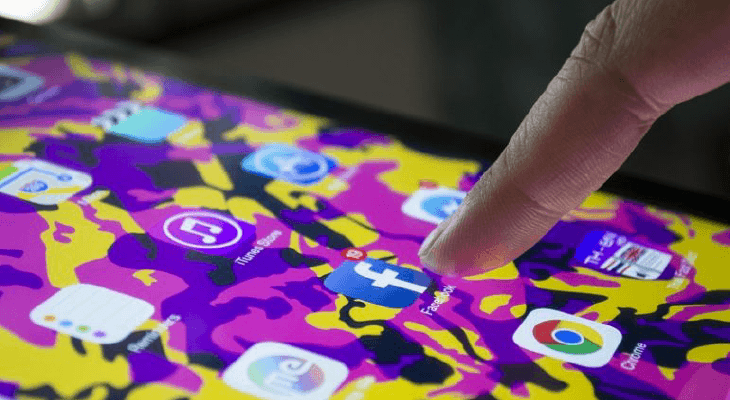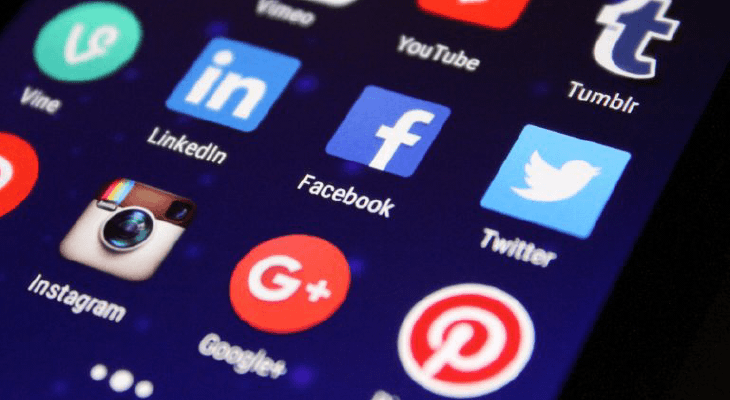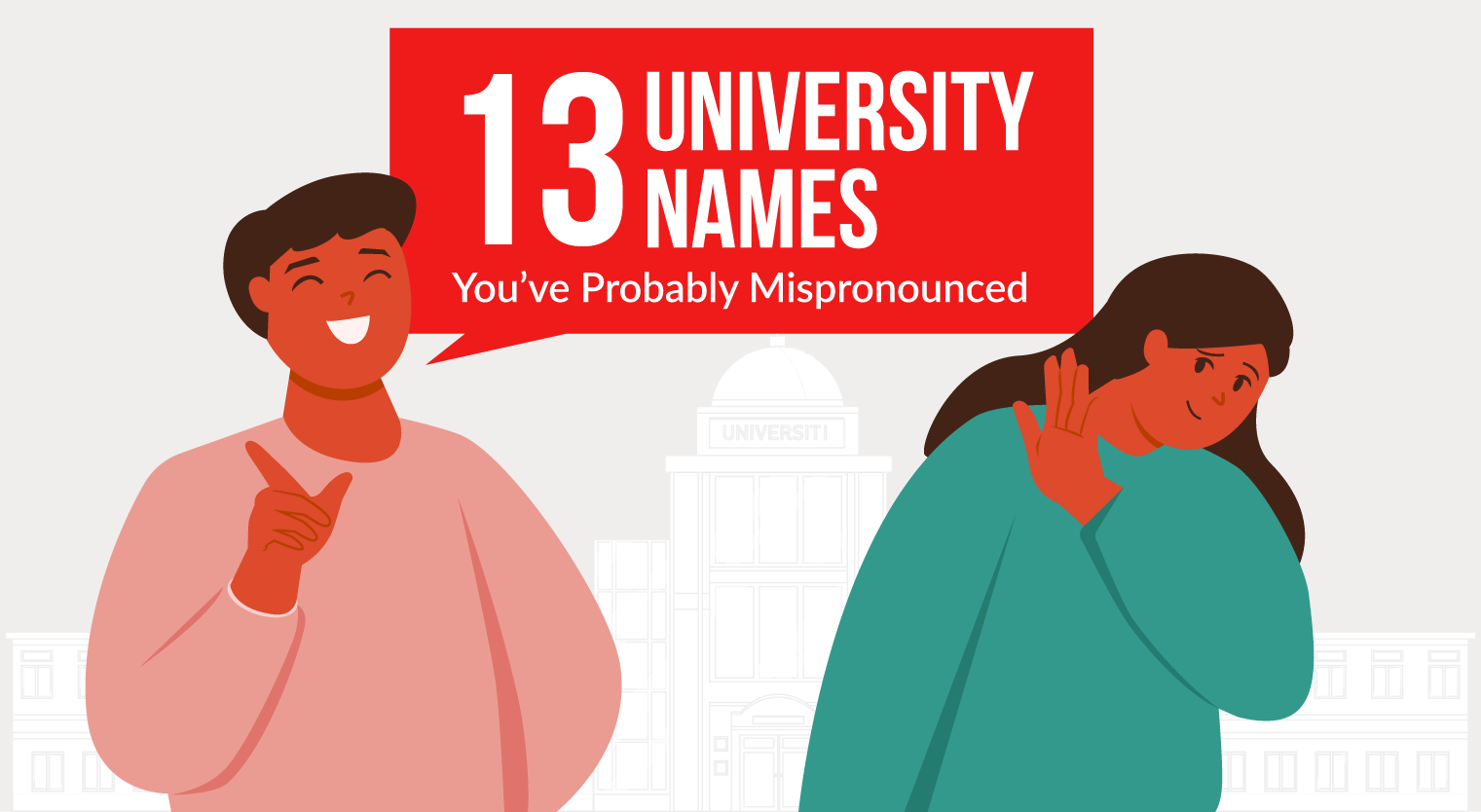How Are We Behaving in the Digital World?
Our parents and teachers have guided us in this physical space we live in, but this doesn't include the digital world. How has this new world changed us and do we need guidance? Find out here.
Published 10 Aug 2018

Ready for a new code of conduct in the cyberspace?
Think about the first time you learnt to share. From birth, you had been given everything you wanted and it was all yours.
Suddenly, along comes another person who is about your size, reaching out to grab your things. “Noooo!” you scream.
Instead of running to your aid, your parents now tell you to “share”. This situation repeats itself and soon you learn to adapt to a certain behaviour in order to live peacefully with others.
As you grow and experience new things, your parents are there to teach you the best way to behave, respond, socialise and live.
You are off to school – no parents you thought – so yay! But then come your teachers, teaching you good manners, how to be a good friend and what it means to be responsible. There’s literally a subject in school on moral values!
You soon familiarise yourself with this ‘best practice’ or universal ‘way of life’ that everyone believes in adhering to, at home and at school.

Good world citizens - offline and online
Our parents and teachers were our great leaders in this physical space we live in. They were always around to guide us to ensure that a generation of great citizens is being made out of us. We had the support needed to become great world citizens.
As technology advances, so do we. Our world has been extended to a non-physical space – the digital realm. We now get our news online, we buy and sell online, we socialise and rely on digital technology to make our lives easier.
Those who played the role of ‘parent’ or ‘teacher’ to us may not have been very present in these spaces when the information age started. Our digital existence calls for a new set of best practices for simply being a digital citizen.
Without it, we would continue to see what is already taking place.

A ruthless digital space
Keyboard warriors have a huge effect on brands and businesses, breaking news is often blown out of proportion causing nationwide panic, and personal security is compromised every time someone shares too much online.
Cyberbullying prevails too, not just in a school setting, but also among adults. Just scroll through the social media comments of any beauty pageant candidate for a clear example.
"In Malaysia, cyberbullying is considered the third most dangerous threat after fraud and intrusion. We had news of a 20-year-old student who committed suicide due to cyberbullying in Penang last year."
People forget that the person on the other side of the network is still a person – with feelings and a reputation to uphold.
Apply for university with EduAdvisor
Secure scholarships and more when you apply to any of our 100+ partner universities.
Start nowKey players
There are key players taking responsibility for upholding moral behaviour in the digital realm. Twitter and Facebook are doing their part to champion better use of technology in terms of social etiquette, safety, and best practices.
On home ground, the Malaysian Communications and Multimedia Commission (or MCMC) has also created a general hotline where anyone can lodge a report on cyberbullying (at 1800-188-030 or WhatsApp at 016-220 6262).
Many awareness efforts have been made by non-governmental organisations and the private sectors, but we’ve yet to see a new social normality being accepted in the digital space.
How do we go from subconsciously categorising this as just another ‘social issue’ to something that we live and breathe? We’ve never really needed an awareness campaign on respecting our elders, or talking when our mouths aren’t full and that’s because we’re living and breathing these accepted norms (well, most people are).
Hopefully, we’ll start to see more emphasis on a shared ‘best practice’ guideline made available by governing authorities for youth and adults.
The English and ICT (short for information and communication technology) subjects in our public school curriculum briefly cover ‘Safety Issues’ and ‘The Digital Age’ aspects, where teachers find various opportunities to address behaviours in a digital world.
Code of conduct on digital citizenship
Still, there is much potential for the subject of Digital Citizenship to address issues beyond cybersecurity.
For example, how to leverage on global reach in gaining resources for innovation or preparing older students to use social media wisely and creatively so they get a good head start in their career.
What about adults and working professionals?
Perhaps more corporations can play the educator role, offering guidelines for best practices in the digital space as a free resource or as a training module for their staff. This might be especially helpful for fresh graduates as there is so much that isn’t spelt out in schools or universities.
Let us also recognise that we as individuals play a significant part in shaping a great digital society. Be that role model now and don’t wait for a governing body to act.
Find ways to apply online whatever good habits you’ve been taught to live by offline. If you must make a complaint, do so professionally and through the right channels.
Consider the other person on the receiving end of your comments. Consider the example you’re setting to other eyeballs on that page. Consider the influence you have through your keyboard.
You don’t need to have a million followers to be a ‘social influencer’. You have your followers, and they’ll follow when there’s a good leader to lead by example.
For parents, maybe it might mean making the effort to be present in our children’s digital space to ensure we’re raising great citizens online and offline. Not just as a law-enforcer, but as a role model.

In conclusion
Whether we’re aware of it or not, we are the ones constantly setting new codes of conduct in our digitally-driven world with every move we make. So, whatever the latest thing we are getting ourselves into the digital space, do it well!







